Global Health Multistakeholder Dialogue: From Hiroshima to Puglia
2023–2024
At the 2023 G7 Summit meetings hosted by Japan in Hiroshima, Prime Minister Kishida prioritized three global health issues: the global health architecture, Universal Health Coverage (UHC), and health technology innovation, with a particular focus on enabling equitable access to vaccines, diagnostics, and therapeutics under the overall goal of achieving UHC. The Summit produced a number of commitments on global health, as detailed in the Nagasaki Health Ministers’ Communiqué, the Hiroshima Leaders’ Communiqué, and other outcome documents.
In order to deepen discussions on those commitments, offer advice on key topics to be addressed, and build momentum for the implementation of the G7 commitments, JCIE has organized the “Global Health Multistakeholder Dialogue: From Hiroshima to Puglia.” Working in collaboration with a number of key players in the field, we have established an Advisory Committee consisting of independent experts from G7 members and the Global South, including health professionals as well as civil society and industry representatives.
Under this initiative, a multistakeholder survey was undertaken to identify the priority challenges to be addressed by the 2024 G7, and possible solutions. Based on its findings and discussions at the final conference on December 1, 2023 in Tokyo, the recommendations to the 2024 G7 were presented to the G7 members in mid-December 2023.
Co-organizers:
Japan Center for International Exchange (JCIE)
Bill & Melinda Gates Foundation (BMGF)
Carb-X
Coalition for Epidemic Preparedness Innovation (CEPI)
International Pandemic Preparedness Secretariat (IPPS)
Pandemic Action Network (PAN)
PATH, Africa Region
United Nations Children’s Fund (UNICEF)
Wellcome Trust
This initiative is an outcome of JCIE’s Hiroshima G7 Global Health Task Force and is being carried out under our Executive Committee on Global Health and Human Security.
Objectives
Review progress on the G7 commitments on PPR/resilient health systems to date and provide a comprehensive and concrete overview of challenges and remaining gaps
Identify remaining challenges to be addressed by various stakeholders
Provide a supportive base for the 2024 G7 in Italy
Proposed Discussion Areas
- Accelerate research and development and promote equitable access to medical countermeasures (MCM) and new antimicrobial agents, including timely and open data sharing (e.g., pathogens, clinical specimens, genetic sequence data).
- Strengthen human resources for public health and emergency response, including networking among leaders within and outside of countries and regions.
- Mobilize and effectively use funds for UHC and PPR.
in alphabetical order
CHAIR | YASUHISA SHIOZAKI Former Minister of Health, Labour and Welfare, Japan
DEPUTY CHAIR | OSAMU KUNII CEO and Executive Director, GHIT Fund
STEFANIA BURBO, Focal Point and Advocacy Officer, Global Health Italian Network; International Coordinator, C7 2023 Global Health Working Group [CSO/Italy]
THOMAS B. CUENI Director General, International Federation of Pharmaceutical Manufacturers & Association (IFPMA) [Industry]
RUXANDRA DRAGHI-AKLI 100 Days Mission Science and Technology Expert Group member; Global Head, Johnson & Johnson Global Public Health R&D [Industry]
VICTOR DZAU President, National Academy of Medicine [USA]
YASUHIRO FUJIWARA Chief Executive, Pharmaceuticals and Medical Devices Agency (PMDA); Chair, Task Force for Promoting Pharmaceutical and Medical Device Regulatory Harmonization in Asia, Executive Committee on Global Health and Human Security [Japan]
MASAKI INABA Chair, Japan CSO Network on Global Health; Domestic Coordinator, C7 2023 Global Health Working Group [CSO/Japan]
ILONA KICKBUSCH Founder, Global Health Centre at Graduate Institute of International & Development Studies in Geneva [Germany]
JOANNA LIU Professor, School of Population & Global Health, McGill University; Director, Pandemics and Health Emergencies Readiness Lab (PERL) [Canada]
LYNETTE MABOTE Access to Diagnostics/ Medicines Researcher &Global Health Advocate, Sub-Saharan African Programme on Access to Medicines and Diagnostic (SAPAM) [CSO/Global South]
PETER PIOT Special Advisor to EC President von der Leyen on European and Global Health Security; EU Chief Scientific Advisor Epidemics; Professor of Global Health, London School of Hygiene & Tropical Medicine [European Union]
GUIDO RASI Professor of Microbiology, Tor Vergata University of Rome; former Executive Director, European Medicines Agency; former Director General, Italian Medicines Agency [Italy]
DIAH SATYANI SAMINARSIH Founder and CEO, Center for Indonesia’s Strategic Development Initiatives (CISDI); Former Senior Advisor on Gender and Youth to WHO Director General [Global South/Indonesia]
MARIÂNGELA BATISTA GALVÃO SIMÃO Director-President, Instituto Todos pela Saúde (ITpS: Institute All for Health); former WHO Assistant Director General for Drug Access, Vaccines and Pharmaceuticals [G20/Brazil]
RENU SWARUP Former Secretary, Department of Biotechnology Ministry of Science & Technology [G20/India]
NGUISSALI TURPIN Executive Director, ENDA Santé [Global South/Africa Region]
YAZDAN YAZDANPANAH Institute for Health and Medical Research (INSERM); Vice Chair, GloPID-R [France]
PATRICK VALLANCE Former Chief Scientific Adviser to the Government of the United Kingdom [United Kingdom]
G7 Hiroshima Leaders Meeting
G7 Hiroshima Leaders’ Communiqué
G7 Hiroshima Vision for Equitable Access to Medical Countermeasures
Impact Investment Initiative for Global Health (Triple I for GH)
G7 Nagasaki Health Ministers Meeting
G7 Health Ministers Communiqué
G7 Global Plan for UHC Action Agenda
G7 Finance and Health Ministers Joint Meeting
G7 Shared Understanding on Enhanced Finance-Health Coordination and PPR Financing
G7 Finance Ministers and Central Bank Governor’s Meeting
G7 Finance Ministers and Central Bank Communiqué
Articles
Human security and universal health coverage: Japan’s vision for the G7 Hiroshima Summit.[Lancet]
Background
Three and a half years since the COVID-19 pandemic was declared a public health emergency of international concern (PHEIC), experts around the world have been discussing the possibility of an international system that would enable a more effective response to global pandemics. In 2021, the “100 Days Mission” was launched under the UK G7 presidency with the aim of developing vaccines, diagnostics, and therapeutics within 100 days of a PHEIC declaration. In 2022, the “G7 Pact for Pandemic Readiness,” which promotes enhancing surveillance and human resource networks, was launched under Germany’s G7 presidency.
At the Hiroshima G7 summit in May 2023, the importance of establishing an end-to-end system that seamlessly links the entire value chain—from outbreak detection to delivery of medical countermeasures for pandemic response—was highlighted in the Health Minister’s Meeting, and other meetings, resulting in the establishment of eight key principles of the “G7 Hiroshima Vision for Equitable Access to Medical Countermeasures.” In addition, there was agreement on the need to strengthen pandemic preparedness and response (PPR) systems while enhancing conventional disease control in a gender-sensitive manner and accelerating efforts to achieve UHC in accordance with reaching country efforts to achieve the 2030 SDGs.
To implement the G7 commitments, it is necessary to enhance the continuity of the G7 global health agenda and encourage multistakeholder action, while at the same time ensuring complementarity with parallel efforts of the G20 and the United Nations. Therefore, JCIE decided to launch this multistakeholder dialogue on PPR/resilient health systems based on the network established with organizations and individuals through the activities of JCIE’s Hiroshima G7 Global Health Task Force under the Executive Committee on Global Health and Human Security.



